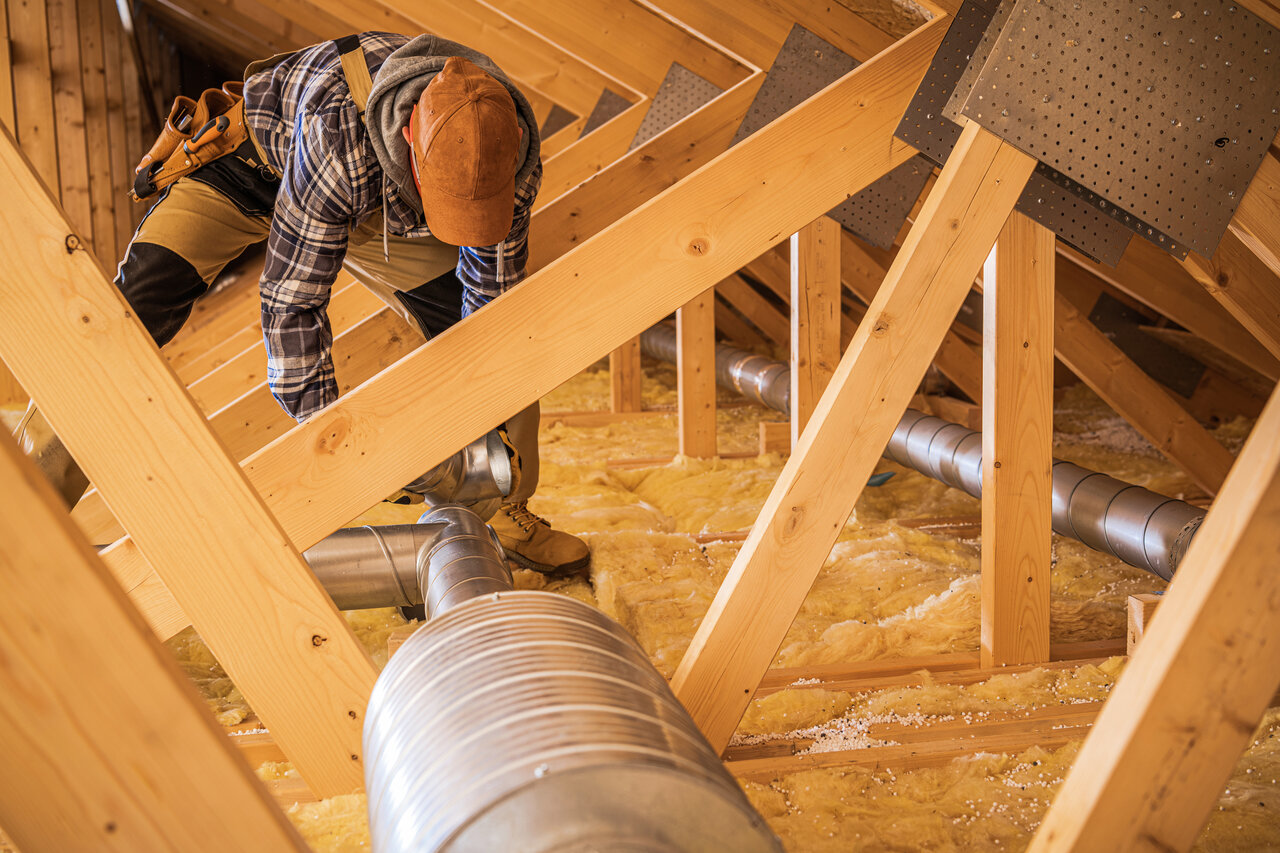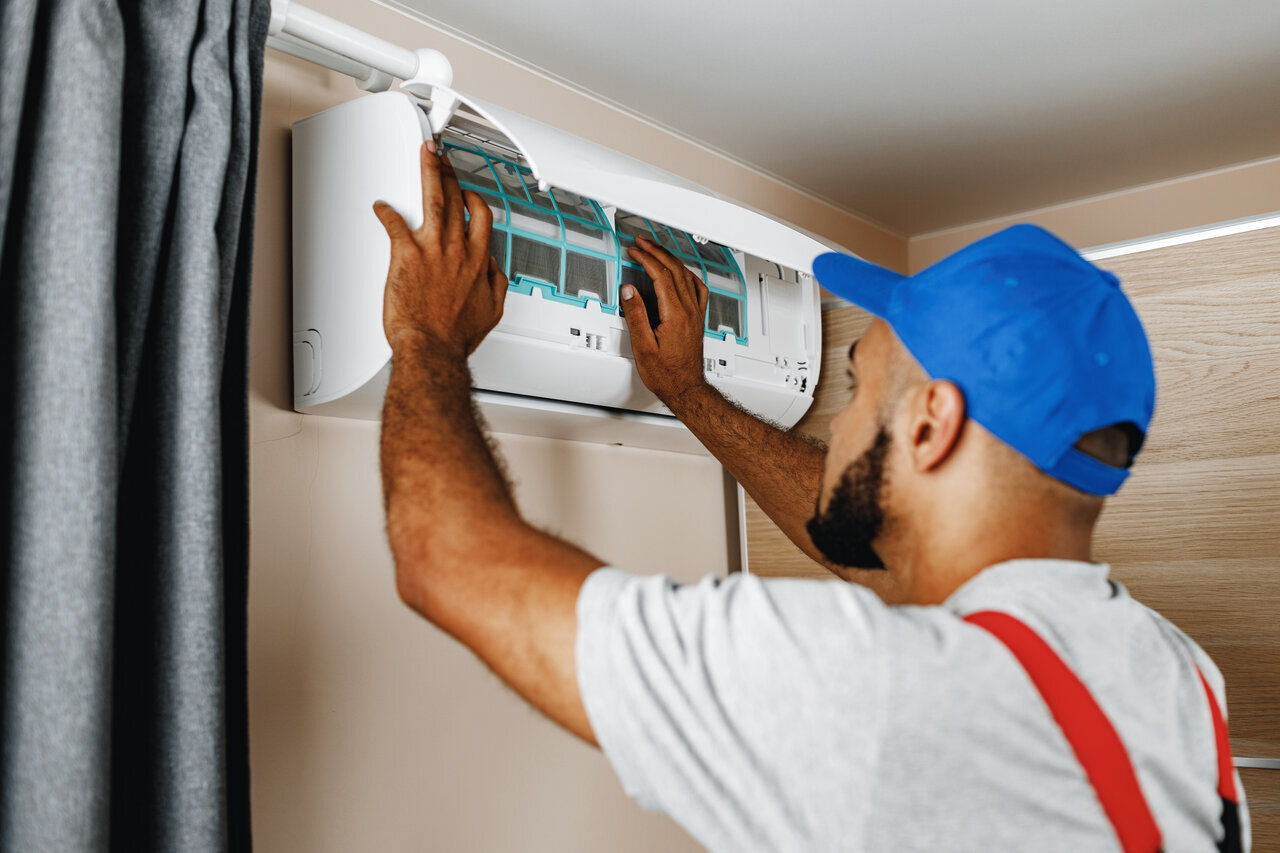We don’t think about our HVAC system unless it breaks or runs loudly. For the most part, your HVAC system will have a relatively quiet background noise that is easy to ignore. However, with wear and tear, your HVAC system may begin to make strange noises. These strange noises can be bothersome, and you should never ignore them because they could indicate a severe problem.
HVAC Noises You Should Never Ignore
Hissing Noises
Excessive whistling or hissing sounds are not normal, especially if you have a new model. These noises could indicate an air leak anywhere in your ducting. It may not appear as severe as some other faults, but it means your home will not be heating or cooling as efficiently.
Duct repair is not something that homeowners should do on their own, so if your system is creating a loud hissing noise, contact an expert.
Hissing noises also indicate a catastrophic refrigerant leak dumped into the atmosphere. That problem can cause severe and even irreversible harm to the unit, you, and your family’s health. If you hear hissing noises, don’t hesitate to contact Taft’s professional heating and air conditioning service in Shafter, CA.
Banging Or Clanking Noises
Banging noises usually indicate that a part has become loose inside the blower. The banging could be caused by loose elements such as the blower motor fan or fan blades. Older systems use a belt-driven motor, which makes a screaming noise when it becomes loose. If it’s not the belt, or if you have a newer machine, there may be a problem with your compressor.
Clanking or banging noises are more significant because loose parts might cause costly harm to your system if not handled. Turning off the system and calling your technician is your best option.
Buzzing Noises
A regular working HVAC system will generate a quiet humming noise. However, if it sounds more like buzzing, something is wrong. It could be due to a frozen line that needs to be thawed, fan blades that have become imbalanced, or an obstruction. It could also be more serious, such as broken electrical wiring or the fan motor starting to wear out.
Rattling Noise
Your HVAC system may start rattling at some point. These noises can indicate wear and tear on one or more components. A clattering or rattling sound may indicate that the internal fan has shifted out of place. A rattling noise could signal that another component has gotten loose and is moving about freely inside the unit.
Avoid These Noises With Regular Maintenance
Regular maintenance is the most useful approach to avoiding a noisy HVAC system. An HVAC professional will evaluate your complete HVAC system with regular maintenance. Experts will be able to detect tiny issues. You’ll save money on large-scale repairs later if you discover those problems when they’re small and easy to fix. You may also be able to avoid a potential emergency.
Since minor faults can turn into major issues or even breakdowns, it’s a good idea to contact a heating and AC repair company in Shafter, CA, for help. Call a team of experts at Greer’s Banner Air of Bakersfield, Inc. to diagnose the strange noises and assist you in keeping your HVAC system functioning smoothly.












